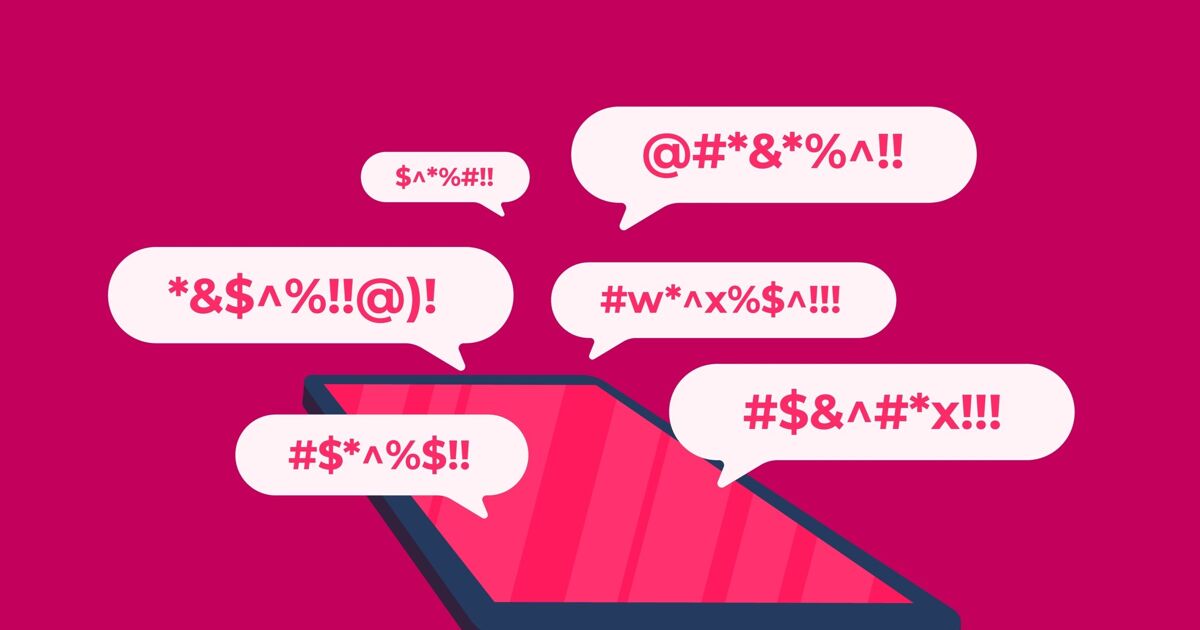
The Social Media Safety Index (SMSI) by GLAAD is used as a way to measure the level of exposure LGBTQ+ individuals have to hateful content on certain social media platforms. The index uses metrics like a service’s anti-discrimination policy, as well as the content posted on the platform. This year’s SMSI indicates an erosion in protections for LGBTQ+ people online.
GLAAD’s report is troubling, to say the least, with most platforms scoring below 50. It’s clear platforms are failing to suppress anti-LGBTQ+ hate while instead suppressing legitimate LGBTQ+ voices through shadow banning, wrongful termination, and mislabelling content as explicit.
Related
Kids Online Safety Act reintroduced in Senate. Advocates fear it’ll block LGBTQ+ content online.
Supporters say it has protections for free speech, but others worry platforms will block content to comply.
GLAAD’s scorecard evaluates six major social media websites: X, Instagram, Facebook, YouTube, Threads, and TikTok. Three of these – Threads, Facebook, and Instagram – are owned by Meta.
Insights for the LGBTQ+ community
Subscribe to our briefing for insights into how politics impacts the LGBTQ+ community and more.
Subscribe to our Newsletter today
Of all six, TikTok scored the highest with a safety index of 56%. This score was determined based on the platform providing the most comprehensive LGBTQ+ protections in its hate and harassment policies, clearly stating public figures are protected under community guidelines. TikTok is also one of only two platforms on the list with policies prohibiting targeted misgendering and deadnaming.
Despite TikTok’s efforts to be more inclusive, the platform continues to suffer shortcomings, failing to sufficiently protect LGBTQ+ privacy, safety, and expression in key areas. GLAAD’s main critique of TikTok is the platform’s lack of transparency regarding the removal and demonetization of LGBTQ+ creators.
Platforms owned by Meta received scores ranging from 40% to 45%. Around the time of the presidential inauguration, Meta announced it would be ending its DEI programs and also revising its hateful conduct policies to be more lenient on hateful content targeting LGBTQ+ people.
Meta’s CEO, Mark Zuckerberg, who was once critical of the current administration, has been supportive this time around, even going on the infamous Joe Rogan podcast to discuss his ideas for the future of social media. Given the president’s attacks on the LGBTQ+ community and Zuckerberg’s denunciation of stricter content moderation for fact-checking misinformation, the future for LGBTQ+ people using any of these platforms is concerning.
YouTube scored 41% for removing “gender identity and expression” from its list of characteristics under its hate speech policy. Google, YouTube’s parent company, had also ended its DEI programs in compliance with executive orders targeting diversity, equity, and inclusion initiatives.
X scored the lowest, with its index at 30%. While the platform, along with TikTok, prohibits targeted misgendering and deadnaming, a recent policy revision indicates that X only provides this policy protection “where required by local laws.” X is owned by Elon Musk, who is known for his transphobic comments and far-right political beliefs that have culminated in the platform becoming more hateful.
“At a time when real-world violence and harassment against LGBTQ+ people is on the rise, social media companies are profiting from the flames of anti-LGBTQ+ hate instead of ensuring the basic safety of LGBTQ+ users,” GLAAD President and CEO Sarah Kate Ellis said in a statement. “These low scores should terrify anyone who cares about creating safer, more inclusive online spaces.”
The report calls for action and encourages platforms to reinstate protections and propose stronger policies to protect LGBTQ+ people – especially young people, people of color, or those who live in hostile regions – so that these platforms remain spaces of connection, creativity, and solidarity.
Subscribe to the LGBTQ Nation newsletter and be the first to know about the latest headlines shaping LGBTQ+ communities worldwide.